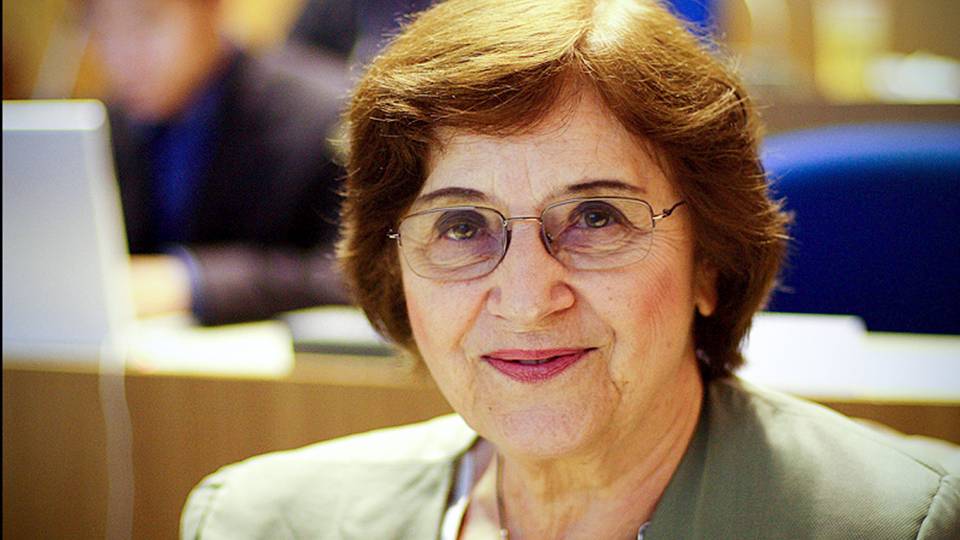A new University initiative is bringing together researchers and administrators to apply insights from behavioral science to tackle campus challenges and advance research in that field.
Representatives from 24 administrative units and seven academic departments, programs and centers gathered in March to launch the Campus Behavioral Science Initiative (CBSI), a joint effort of the Office of the Executive Vice President and the Kahneman-Treisman Center for Behavioral Science & Public Policy.
"CBSI aspires to foster collaboration between administrative units and academic researchers to use the campus as a research site, tapping behavioral science to develop innovative solutions to campus challenges," said Treby Williams, the University's executive vice president.

The Campus Behavioral Science Initiative is designed to help administrators tap into behavioral science to develop innovative solutions to campus challenges, such as developing programs to reduce the number of cars driven to campus each day or reducing campus energy use. (Photo by Denise Applewhite, Office of Communications)
Eldar Shafir, the Class of 1987 Professor in Behavioral Science and Public Policy, professor of psychology and public affairs, and inaugural director of the Kahneman-Treisman Center, said the initiative offers researchers the opportunity to gather valuable data, further their scholarly work and contribute to the University in a new way.
"This campus has a group of very talented and hard-working researchers who try to use behavioral insights to produce better outcomes," Shafir said. "We love and care about this campus, and it is so close and available. Why shouldn't we turn our eye partly to what we can do here?"
Behavioral science focuses on scientific experimentation, controlled observation of real-life behavior, and systematic analysis of data to understand the motivations, limitations and biases inherent in human behavior. The Kahneman-Treisman Center brings together faculty members from departments including psychology, sociology, politics, philosophy and the Woodrow Wilson School of Public and International Affairs who pursue research in behavioral science.
Williams said the University can benefit from the application of behavioral-science insights as it tackles challenges from developing programs to reduce the number of cars driven to campus each day or reducing campus energy use to guiding employees toward appropriate health-care programs or helping students make better decisions related to healthy eating, sleep and alcohol consumption.
"Innovative solutions to these kinds of challenges require accurate insights into human behavior and decision-making. Without that knowledge, we won't succeed," Williams said.
Learnings from behavioral science have already been used successfully on campus, such as shifting default participation to "opt-in." For example, in the past, eligible faculty members had to take action to opt in to a benefit that gave them a reduced teaching load following the birth of a child. Shifting the benefit to one that faculty members automatically accrue unless they take action to opt out has increased participation on campus. A similar approach for a retirement savings program has increased the amount employees are saving for retirement.
The CBSI kick-off event included a brainstorming session where administrators and researchers offered ideas and suggested areas for potential collaboration. Khristina Gonzalez, associate dean in the Office of the Dean of the College, and Margaret Frye, assistant professor of sociology, expressed an interest in research about the experience of low-income and first-generation students at Princeton. Gonzalez and Frye have already met with colleagues from the departments of politics and psychology to chart their next steps and will be bringing other administrators and researchers into the project in the fall.
Gonzalez oversees the Freshman Scholars Institute and the Scholars Institute Fellows Program, which are designed to empower undergraduates to thrive at Princeton, particularly those from first-generation and low-income backgrounds. She said CBSI presents an opportunity to learn from research about what helps such students succeed and to contribute to additional research on the topic.
"I think it can be a valuable partnership because there is a lot of great, innovative research in this field and working together will help us think about how to use that research to improve interventions to support our students," Gonzalez said.




